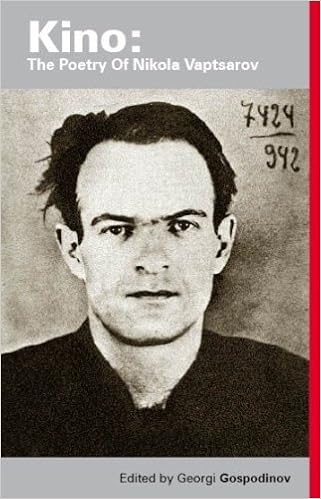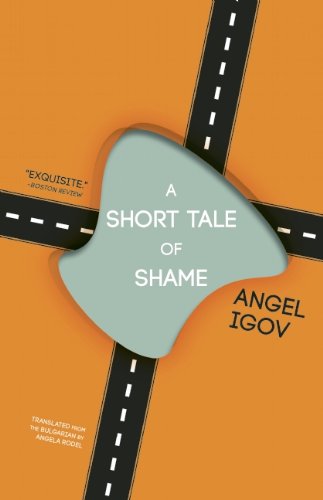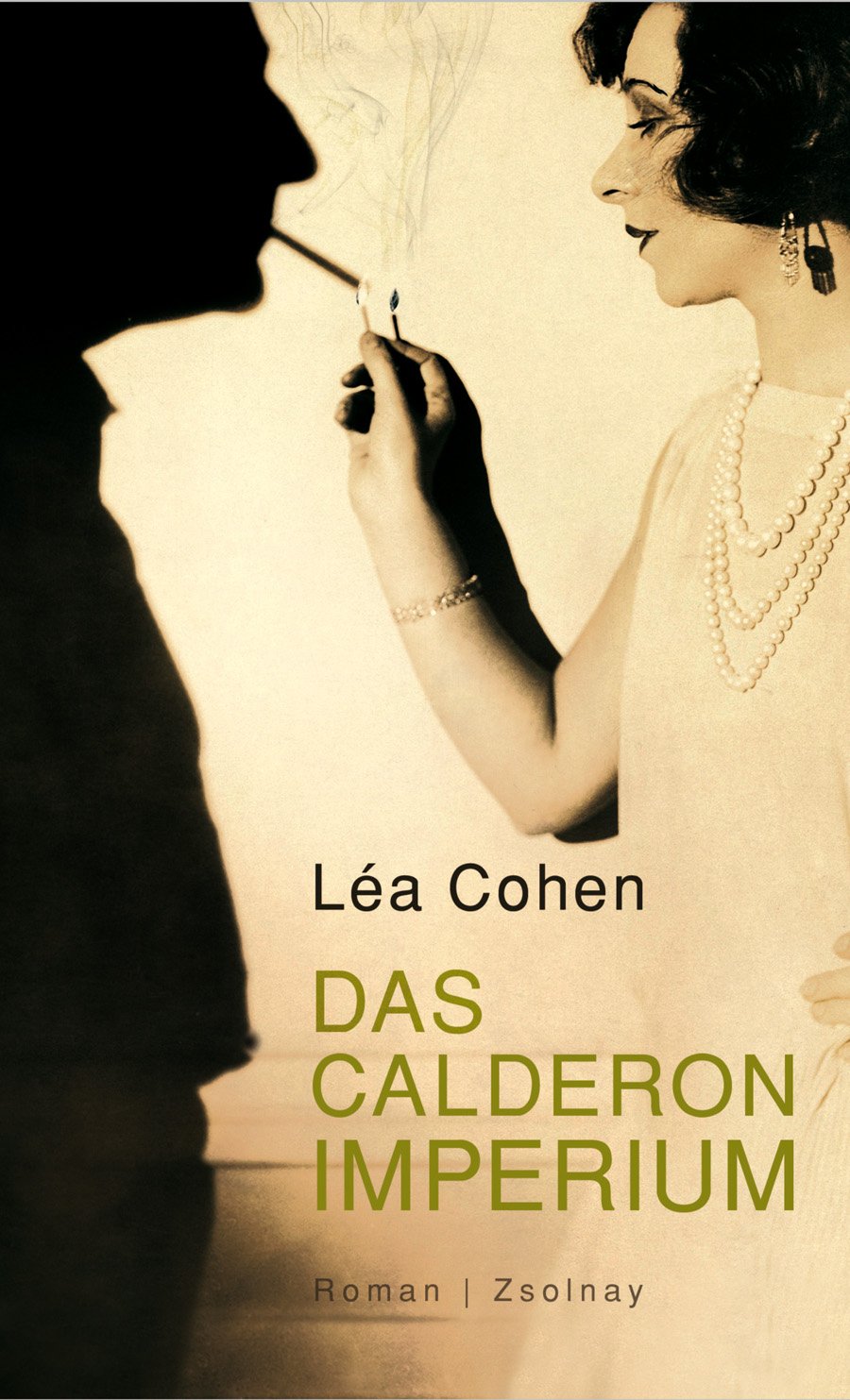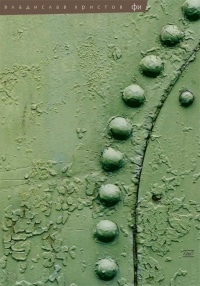As already announced some time ago, Mytwostotinki will host a Bulgarian Literature Month in June. In case you are a reader with or without blog, here are a few suggestions for that month in case you want to participate. Additional suggestions and information on how to participate will follow very soon.
Very little is available in print in English language from the non-contemporary Bulgarian belletristic literature. Among the classical works presently available in print are:
Ivan Vazov: Under the Yoke (various editions available) – the most famous classical work in Bulgarian and the first Bulgarian novel, written 1888 and based on Vazov’s own experience and historical events related to the so-called April uprising against the Ottoman rule. Full of action and romanticism, a story that is still read by almost every Bulgarian (usually at school) and that is therefore having a great influence on how Bulgarians see their own history (and themselves).
Aleko Konstantinov: Bai Ganyo (University of Wisconsin Press 2010) – originally published 1895; the adventures and misadventures of the rose oil trader Bai Ganyo are a satirical masterpiece. Bai Ganyo knows always where to find a free lunch in Vienna, Dresden, Petersburg and how to bribe, bully and rig elections in Bulgaria. No wonder not all Bulgarians like this book and its author (who was murdered in 1897), especially since not all has changed very much since Bai Ganyo’s days.
By the same author, a travel account – one of the first by Bulgarian authors:
Aleko Konstantinov: To Chicago and Back (Abm Komers 2004)
The poet Nikola Vaptsarov had a short and tragic life. His poems are available in English:

Nikola Vaptsarov: Kino (ed. Georgi Gospodinov) (Smokestack Books 2014)
The grand old lady of Bulgarian literature was without doubt Blaga Dimitrova. Available by her:
Blaga Dimitrova: Forbidden Sea (2002), and Scars (2003), both by Ivy Press Princeton – Dimitrova was one of the most beloved and prolific writers in Bulgarian language after WWII and after the fall of communism she was for some time Vice-President of the country. Two of her longer poems are available in bi-lingual editions. Dimitrova wrote also prose but in this moment, none of her works in prose seems to be available.
Since we are at poetry, here are a few more titles (mostly in bi-lingual editions):
Konstantin Pavlov: Capriccio for Goya
Konstantin Pavlov: Cry of a Former Dog
Alexander Shurbanov: Frost-Flowers
Danila Stoianova: Memory of a Dream
Edvin Sugarev: Secret Senses
Edvin Sugarev: Kaleidoscope (all titles by Ivy Press Princeton)
Shearsman Books, another small publisher, has two Bulgarian poetry books:
Tzvetanka Elenkova: The Seventh Gesture, and
At the End of the World – Contemporary Poetry from Bulgaria (ed. Tzvetanka Elenkova)
Translator is in both cases Jonathan Dunne who is with Tzvetanka Elenkova, his wife, also the publisher of Small Stations Press.
Another excellent anthology of Bulgarian poetry:
The Season of Delicate Hunger (ed. Katerina Stoykova-Klemer), Accents Publishing 2014
The following poetry works are published by small publishers – if you are interested in them let me know; these books are probably not available via the usual distribution channels in your country:
Boris Hristov: Book of Silence (Mythographies, 2008)
Ivan Hristov: American Poems (DA, 2013)
Kiril Kadiiski: Poetry (Sofia University Press, 2006)
Toma Bintchev: The Sea is Blue (Augusta 2008)
Dimitar Minkov: Contemplation (Initsiali 2014)
Karol Nikolov: Shared Spaces (ZOF 2009)
Lyubomir Nikolov: Street Poems (Carnegie Mellon University Press 2005)
Kristin Dimitrova: A Visit to the Clockmaker (Southword Editions 2005)
German readers can also try:
Elin Rachnev: Zimt (Leipziger Literaturverlag 2012)
Anna Zlatkova: fremde geografien (edition exil 2014)
Tzveta Sofronieva: Gefangen im Licht (Biblion 1999)
Boris Paskov: Zehn Traumgespanne (Biblion 2001)
Gerhard Gesemann(Hg.): Zweiundsiebzig Lieder des bulgarischen Volkes (Biblion 1996)
Radoj Ralin: Späte Brombeeren (Avlos 1999)
Mirela Ivanova: Versöhnung mit der Kälte (Das Wunderhorn 2004)
Pejo Jaworow: Den Schatten der Wolken nach (Weihermüller 1999)
The most renowned contemporary Bulgarian writer is Georgi Gospodinov. His two excellent novels (The Physics of Sorrow was just nominated for the Best Translated Book Award 2016) and a book with stories are available in English:
Natural Novel (Dalkey Archive Press 2005)
And Other Stories (Northwestern University Press 2007)
The Physics of Sorrow (Open Letter Books 2015)
Gospodinov is translated in many languages. In German the following books by him are also translated:
8 Minuten und 19 Sekunden (Droschl 2016)
Kleines morgendliches Verbrechen (Droschl 2010)
Gaustin oder Der Mensch mit vielen Namen (Wieser 2004)
The other internationally well-known name in translated contemporary Bulgarian literature is Alek Popov. His two fast-paced novels (the first one previously reviewed by me favourably) contain a lot of – sometimes black – humour, and it is not surprising that the first one was already adapted as a successful movie:
Mission London (Istros Books 2014)
The Black Box (Peter Owen Books 2015)
Again, German readers have more choices. Apart from the two books just mentioned they can also read the following by the same author:
Für Fortgeschrittene (Residenz 2009)
Schneeweisschen und Partisanenrot (Residenz 2014)
One of the most interesting female authors from Bulgaria is Virginia Zaharieva. As regular readers of this blog will remember, I enjoyed her first and so far only novel a lot:
Nine Rabbits (Istros Books 2012; Black Balloon Publishing 2014)
A publishing house that has various translated titles in his excellent program is Open Letter Press. Apart from The Physics of Sorrow it published also an excellent novel by Zachary Karabashliev (favourably reviewed by me):
18% Grey (Open Letter 2013)
Other titles from Open Letter Press:

Angel Igov: A Short Tale of Shame (Open Letter Books 2013) – Igov is one of the most interesting younger Bulgarian authors. His second – and so far untranslated – novel Krotkite was recently nominated as Best Bulgarian novel 2015.
Milen Ruskov: Thrown into Nature (Open Letter Books 2011) – a brilliant picaresque historical novel
Albena Stambolova: Everything Happens as it Does (Open Letter Books 2013) – a novel that was not completely unjustified compared to Albert Camus’ The Stranger.
Georgi Tenev: Party Headquarters (Open Letter Books (Open Letter Books 2016) – a novel about the turbulent time of transition in Bulgaria in the 1980s and 90s.
Deyan Enev is one of the masters of Bulgarian short prose. One of his collections is translated in English:
Circus Bulgaria (Portobello Books)
The following two books by Bulgarian publishers are maybe not great literature, but light and humorous summer reads:
Boyan Bioltchev: Varoe’s Amazon (Bulgarian Bestseller 2007)
Mikhail Veshim: The English Neighbour (Siela 2015) – a must-read for all foreigners who plan to buy a house in the Bulgarian countryside and want to live there
A young author that published a story collection whose main protagonist is the city Sofia itself – I like this book very much:
Alexander Shpatov: #LiveFromSofia (Siela 2014)
Another book by the same author is available in German:
Fussnotengeschichten (Wieser 2010)
Nikolay Fenersky is another interesting writer of short stories. The following short book is available as an ebook:
The Apocalypse is a Private Affair (Fenersky 2014)
Ludmila Filipova is a bestseller author in Bulgaria, her most popular book available in English is:
The Parchment Maze (Create Space 2013)
Another popular book is this novel about a Bulgarian emigrant in Paris:
Marko Semov: The Price (Bulgarian Bestseller 2006)
Dimitar Tomov has published a collection of Gypsy stories that is available in English:
The Eternal Katun (Bulgarian Bestseller 2004)
One of the most remarkable Bulgarian movies of the last decades is Dzift by Javor Gardev. This film noir is based on an equally remarkable novel I can recommend heartily:
Vladislav Todorov: Zift (Paul Dry Books 2010)
Many good Bulgarian authors are not translated in English, some not at all. German readers are comparatively lucky, since they have access to excellent authors such as Vladimir Zarev, Lea Cohen, or Christo Karastojanov, to name just a few. Here is an overview without further comments regarding some more remarkable titles available in German translation:

Bozhana Apostolowa: Kreuzung ohne Wege (Dittrich 2010)
Boika Asiowa: Die unfruchtbare Witwe (Dittrich 2012)
Dimitar Atanassow: Die unerträgliche Freiheit (Dittrich 2012)
Lea Cohen: Das Calderon-Imperium (Zsolnay 2010)
Georgi Danailov: Ein Haus jenseits der Welt (Wieser 2007)
Kristin Dimitrova: Sabazios (IG Elias Canetti)
Thomas Frahm (Hg.): Gegenwarten: Bulgarische Prosa nach 1989 (Chora 2015)
Georgi Grozdev: Beute (IG Elias Canetti)
Georgi Grozdev: Unnütz (IG Elias Canetti)
Konstantin Iliev: Die Niederlage (IG Elias Canetti)
Jordan Iwantschew: Die Farben des Grauens (Dittrich 2011)
Jordan Jowkow: Ein Frauenherz (Biblion 1999)
Christo Karastojanow: Teufelszwirn (Dittrich 2012)
Viktor Paskow: Autopsie (Dittrich 2010)
Palmi Ranchev: Der Weg nach Sacramento (Dittrich 2011)
Maria Stankowa: Langeweile (Dittrich 2010)
Kalin Terziyski: Alkohol (INK Press 2015)
Kalin Terziyski: Wahnsinn (IG Elias Canetti)
Todor Todorov:
Angel Wagenstein: Leb wohl, Shanghai (Edition Elke Heidenreich bei C. Bertelsmann)
Angel Wagenstein: Pentateuch oder Die fünf Bücher Isaaks (btb 2001)
Vladimir Zarev: Familienbrand (dtv 2013)
Vladimir Zarev: Feuerköpfe (dtv 2014)
Vladimir Zarev: Seelenasche (dtv 2015)
Vladimir Zarev: Verfall (Kiepenheuer & Witsch 2009)
In a second blog post I will give very soon a few recommendations related to books by Bulgarian authors writing in a foreign language, and also a few non-fiction book recommendations related to Bulgaria.
A third blog post will give finally additional information on how you can participate in the Bulgarian Literature Month – and stay tuned: there will be also some giveaways!
PS: In case you are a publisher – you can contact me for more information on the books and authors, sample translations and translation rights’ information.
© Thomas Hübner and mytwostotinki.com, 2014-6. Unauthorized use and/or duplication of this material without expressed and written permission from this blog’s author and/or owner is strictly prohibited. Excerpts and links may be used, provided that full and clear credit is given to Thomas Hübner and mytwostotinki.com with appropriate and specific direction to the original content.
![]() (In diesem Fall schickt mir hier einfach eine Nachricht.)
(In diesem Fall schickt mir hier einfach eine Nachricht.)








 Facebook
Facebook RSS
RSS Twitter
Twitter